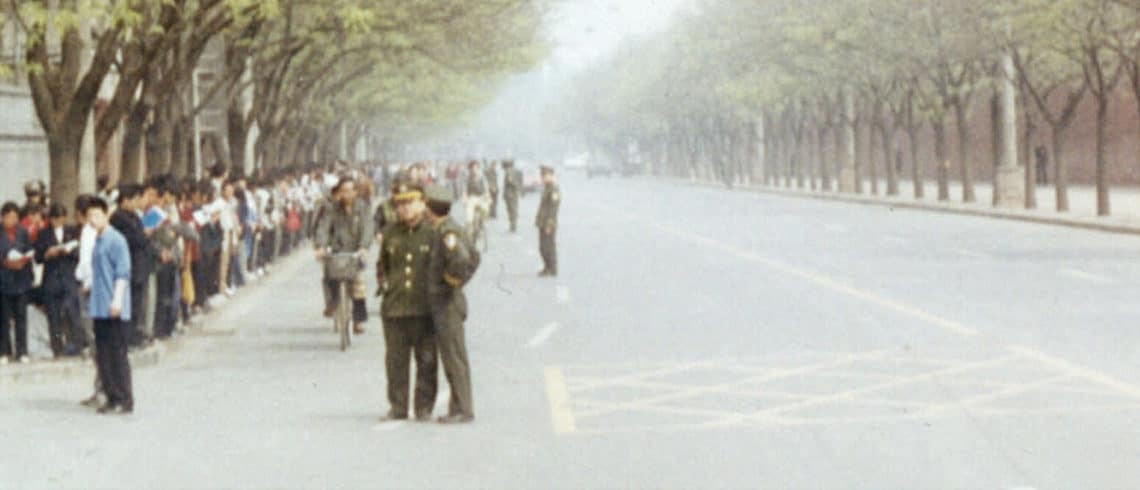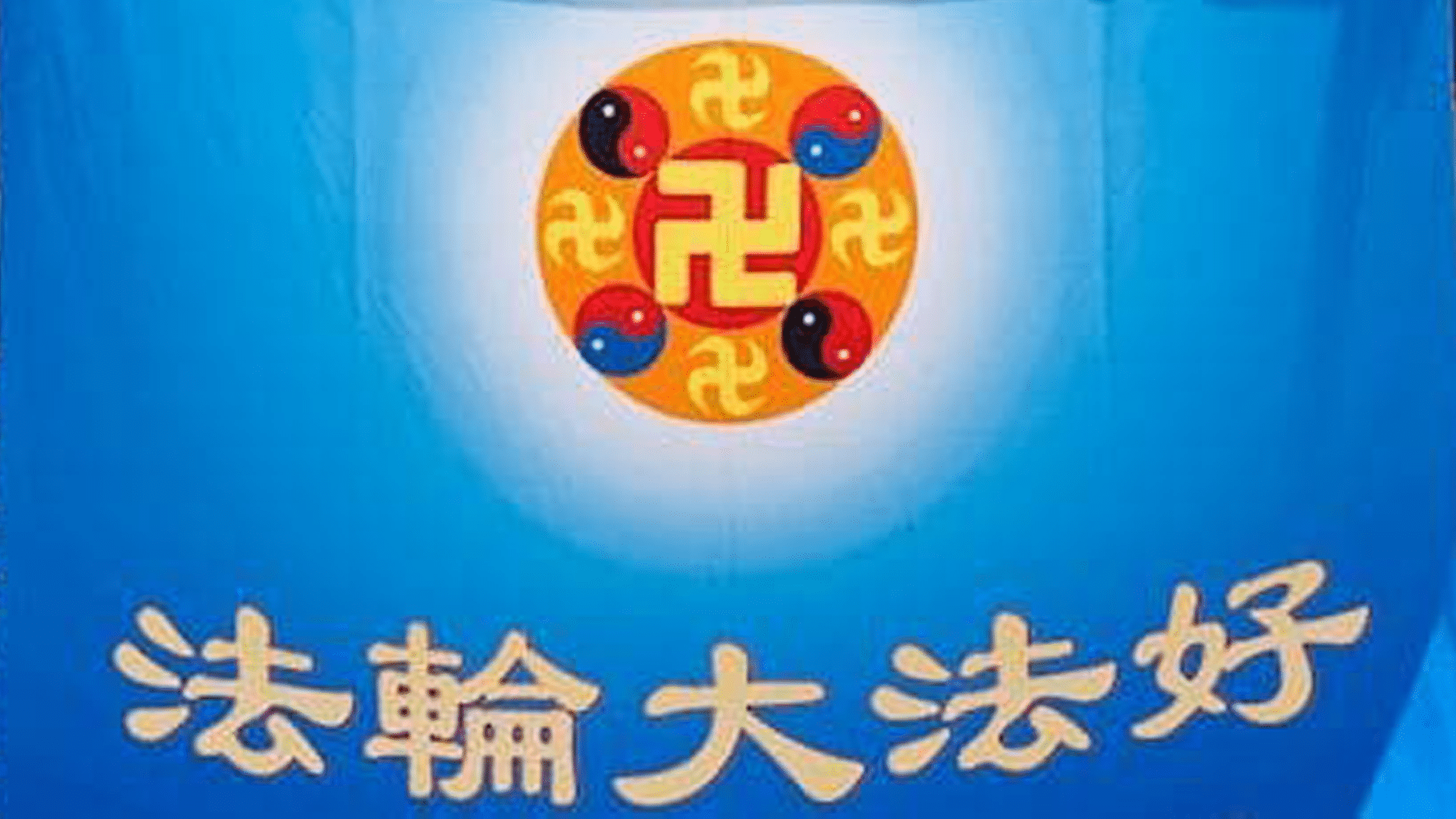
“Turning Political” in China?
Key Points
Chinese authorities are fond of claiming that Falun Gong has “turned political,” and the phrase has, remarkably, found its way into a few accounts of the practice. The undertone is that Falun Gong has “sold out” as it were, or compromised its beliefs, entering the political arena in China.
The first and most basic fact to note is that as a discipline whose aim is spiritual fulfillment, Falun Gong as a group has no political aspiration. Falun Gong’s teachings require practitioners to strive to let go of worldly attachments and concern for fame, reputation, or gain, including political power.
As the journalist Ian Johnson of New York Times (previously WSJ), who won the Pulitzer Prize for his reporting on Falun Gong, put it:
“[Falun Gong] is at heart an apolitical, inward-oriented discipline, one aimed at cleansing oneself spiritually and improving one’s health.”
What Falun Gong practitioners have sought to do, rather, is to document and disclose the crimes against humanity to which it is subjected in China. Doing so is not a political act.
For the first several years of the persecution, Falun Gong practitioners pointed to individual leaders, such as Jiang Zemin, rather than the Chinese Communist Party (CCP) as a whole, when citing the perpetrators of the persecution. Yet, it eventually became clear that because of how the CCP shapes the thoughts of Chinese people through education and media control, many Chinese had difficulty believing the reality of what was happening to Falun Gong. Therefore, to open people’s eyes to the abuses faced by practitioners, activists felt they first needed to free people from the CCP’s mind-control. This was the intended, and indeed actual, impact of spreading the Nine Commentaries on Communist Party, the most detailed exposé on the CCP ever published, and encouraging Chinese people to renounce ties with the CCP, or Tuidang.
While the Nine Commentaries does denounce the Communist Party, it does not prescribe an alternative political system. The Tuidang movement does not advocate an overthrow of the CCP or a coup, nor does it prescribe specific institutional reforms. Rather, the focus is on a rejection of the culture of violence and duplicity propagated by the CCP, and on a revival of virtue to bring about a more just and humane future China. The Tuidang movement is, in many ways, less about political revolution or institutional change and more about spiritual and ethical revival.
All of this activism is aimed at helping Chinese people to see through the lies and deceit of the CCP, and by doing so, avoid becoming its accomplice in persecuting innocent people. The ultimate goal is to end the persecution, not for any political power.



